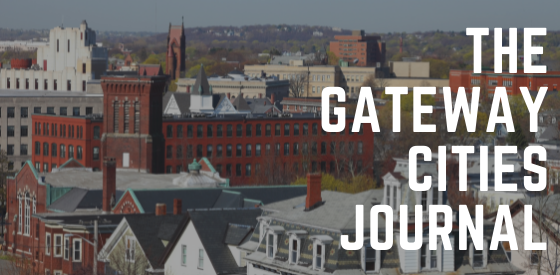A decade ago, MassINC issued a report calling for a $1 billion “transformative investment” in Gateway Cities across the state. The idea was to balance Massachusetts’ big bet on Greater Boston’s life sciences industry with investments that would position other regions of the commonwealth for 21st-century growth. Unfortunately, the state was still crawling out of the Great Recession in 2013. With the coffers dry, the best Gateway Cities could get was the poorly capitalized Transformative Development Initiative (TDI) at MassDevelopment.
Fast-forward to the present, growth in Greater Boston is in overdrive thanks to the life sciences industry; Gateway City regions are still looking for the next big thing. However, all is not lost. With $2.3 billion left from ARPA and a nearly $5 billion budget surplus, the state has more money than it knows how to spend and TDI stands at the ready to help.
Through three different CEOs, MassDevelopment has built and refined TDI into a highly-capable economic development planning partner for Gateway Cities. Communities are eager for TDI’s help in developing transformative economic development strategies, and galvanizing community members to work collaboratively on their execution. Governor Baker recently announced the expansion of the program to 12 new districts.
Our lean-and-mean TDI program has been highly effective in Gateway Cities closer to Boston with relatively strong real estate markets. The work of the dedicated staff has gained well-deserved national recognition. But everyone acknowledges that the impact has been minimal in weaker markets outside of I-495, where Massachusetts desperately needs new sources of economic growth.
From the beginning, TDI was structured to provide public capital to economic development projects through the TDI Equity Fund when money became available. But despite many good years since the program’s inception, the fund has never been properly resourced. The five-year capital plan released by the Baker Administration last month deposits just $4 million in the fund.
The budget surplus and ARPA 2.0 package provide the legislature with two opportunities to put real money into TDI. With these dollars, MassDevelopment could help regions outside of Boston develop and execute bigger and bolder plans, leveraging relationships and local knowledge that it has gained working on the ground in these communities for the past decade.
In recent journals (here and here), we have pointed to the glaring lack of a transformative development strategy for the Springfield region, at a time when resources are plentiful for such an undertaking. Massachusetts’ track record in outlying regions like Springfield stands in sharp contrast to the transformation spurred by the “Buffalo Billion.”
Now is the moment for Massachusetts to finally do right by the communities that state economic development policy has neglected for far too long.
